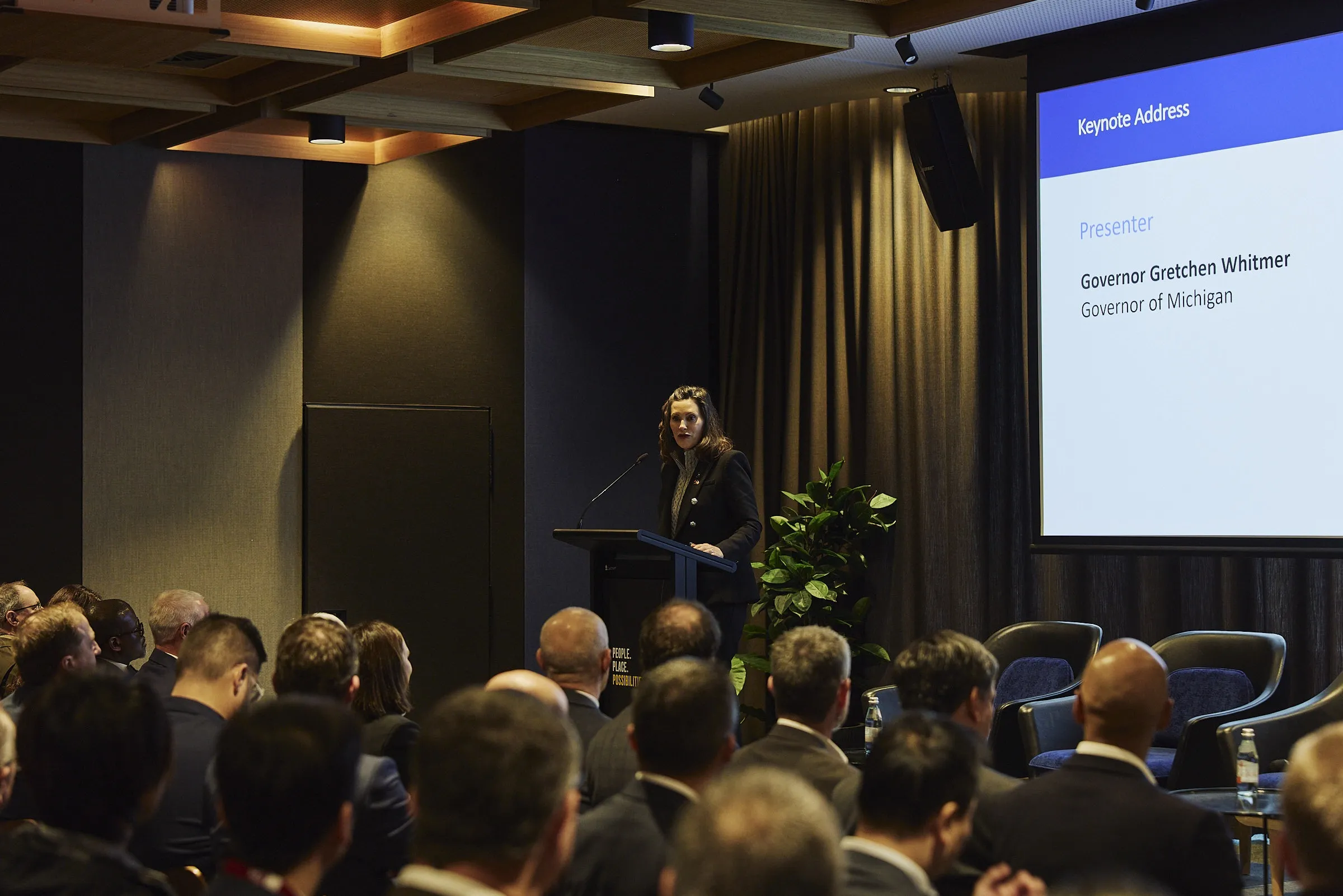Decarbonisation of commercial road transport and logistics should be linked to safety improvements and efficiency gains if the ambitious EU CO2 emissions reduction targets are to be met, according to a major new report on the future of commercial road transport in the EU, published by world transport organisation IRU.
The report, Commercial Vehicle of the Future, claims measures to decarbonise road freight transport could provide new opportunities to further improve road safety and optimise operational e
February 17, 2017
Read time: 2 mins
Decarbonisation of commercial road transport and logistics should be linked to safety improvements and efficiency gains if the ambitious EU CO2 emissions reduction targets are to be met, according to a major new report on the future of commercial road transport in the EU, published by world transport organisation IRU.
The report, Commercial Vehicle of the Future, claims measures to decarbonise road freight transport could provide new opportunities to further improve road safety and optimise operational efficiency as the industry attempts to meet the challenging but achievable environmental targets.
By adopting a holistic approach to the sector a unique forward-looking vision on the future of road freight transport and logistics has been created. The report aims to take stock of how evolving technologies and trends could shape the use of commercial vehicles in the future, and how these measures might have positive cross-over benefits for improving road safety and operational efficiency.
According to Marc Billiet, who leads IRU’s work on road freight transport and environmental affairs in Europe, the road freight transport and logistics industry is well under way to meet its voluntary commitment to reduce CO2 emissions by 30 per cent by 2030. However, he believes it will be very difficult to reach these targets without close cooperation with partners in the public and private sector such as the European Institutions, national governments, vehicle and component manufacturers, fuel producers, ITS providers, clients and NGOs.
The report, Commercial Vehicle of the Future, claims measures to decarbonise road freight transport could provide new opportunities to further improve road safety and optimise operational efficiency as the industry attempts to meet the challenging but achievable environmental targets.
By adopting a holistic approach to the sector a unique forward-looking vision on the future of road freight transport and logistics has been created. The report aims to take stock of how evolving technologies and trends could shape the use of commercial vehicles in the future, and how these measures might have positive cross-over benefits for improving road safety and operational efficiency.
According to Marc Billiet, who leads IRU’s work on road freight transport and environmental affairs in Europe, the road freight transport and logistics industry is well under way to meet its voluntary commitment to reduce CO2 emissions by 30 per cent by 2030. However, he believes it will be very difficult to reach these targets without close cooperation with partners in the public and private sector such as the European Institutions, national governments, vehicle and component manufacturers, fuel producers, ITS providers, clients and NGOs.










